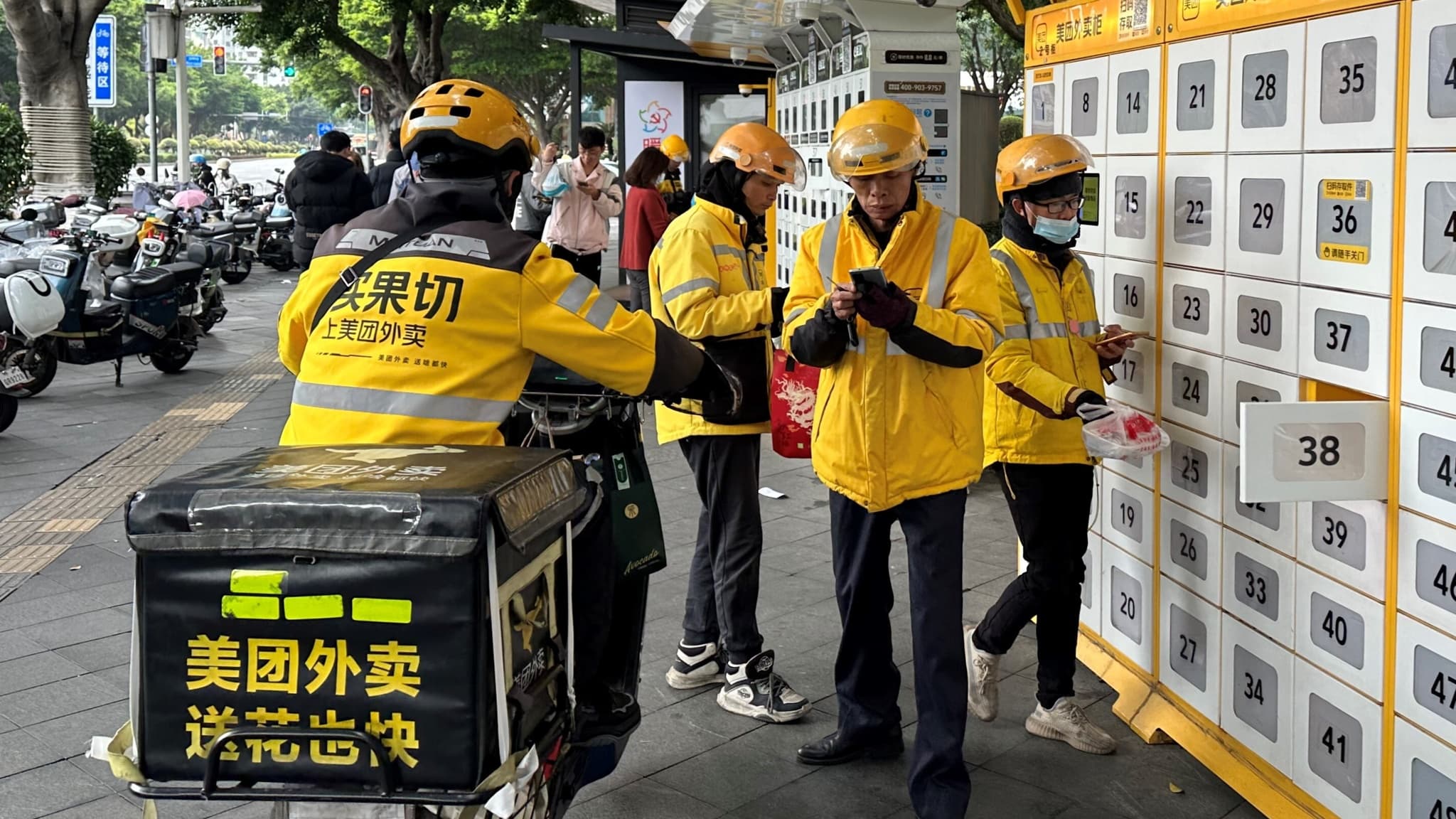Meituan Achieves Record 150 Million Daily Orders Amidst Fierce Competition in China's Food Delivery Market

Shanghai – Meituan, China's leading food delivery giant, has solidified its dominant position in the fiercely competitive market, recently achieving a record 150 million daily orders. This remarkable volume underscores the company's significant lead, prompting one observer, Vaibhav (VB) Srivastav, to comment on social media, stating, > that's a Chinese food delivery company absolutely mogging the competition." This sentiment reflects Meituan's continued expansion and operational efficiency in a sector marked by intense rivalry.
Meituan maintains a commanding presence, holding nearly 70% of China's online food delivery market share, according to Morningstar analyst estimates and recent reports. Its closest competitor, Ele.me, backed by Alibaba, and JD.com's nascent delivery service are striving to gain ground. While Ele.me and its Taobao Instant Commerce combined reached 40 million daily orders, JD.com's service reported 25 million daily orders in mid-2025.
The Chinese food delivery sector has entered a "full-scale delivery war," characterized by aggressive subsidy campaigns and strategic expansions. Both Meituan and its rivals have pledged billions of yuan in subsidies to attract and retain users, leading to significant pressure on profit margins. Meituan's second-quarter adjusted net profit saw an 89% drop, a direct consequence of this escalating competition in the instant retail segment.
Despite the challenging environment, Meituan's CEO, Wang Xing, affirmed the company's commitment to its core principles of "selection, price, service and delivery." The company is not only defending its market share through operational excellence but also accelerating its overseas expansion, with its Keeta app launching in Hong Kong, Qatar, and Saudi Arabia, alongside a $1 billion investment in Brazil. Regulators have also intervened, urging platforms to curb price wars and ensure fair competition, pushing the industry to shift focus from subsidies to personalized demands and quality improvement.